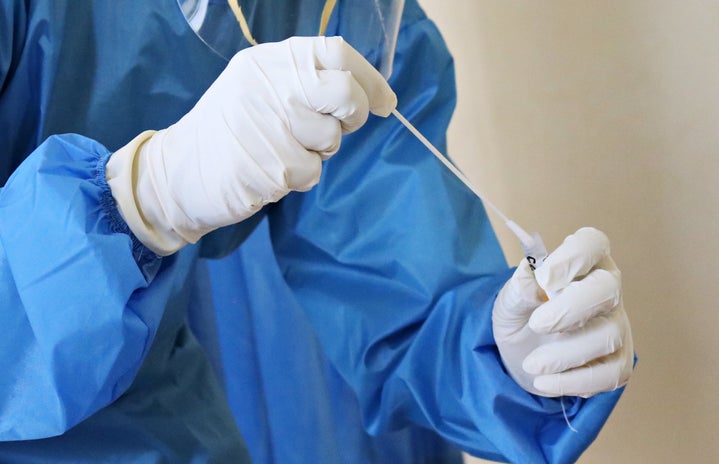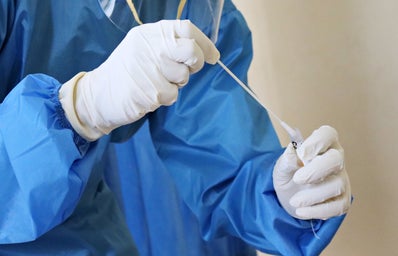As the United States enters its seventh month of the pandemic, thousands across the country are desperately awaiting the arrival of a COVID-19 vaccine as a final saving grace.
With over seven million cases nationwide and 200,000 deaths, the vaccine is needed now more than ever as the arrival of flu seasons imposes a new set of problems. Although many vaccines take several years to develop, the relation that the coronavirus shares with several other respiratory diseases have allowed scientists to accelerate vaccine development in various approaches.
Today, over 40 vaccines are already in human clinical trials, with about 100 hundred more in animal-based preclinical trials. According to the “Coronavirus Vaccine Tracker” developed by The New York Times, the vaccines under research so far have to progress through three different phases before getting approval for widespread administration.
After preliminary laboratory testing, phase I of vaccine trials involves administering the vaccine to a small number of people in order to understand the dosage and observe any reactions. Success guarantees the vaccine’s movement into phase 2, which tests the vaccine’s effectiveness on different demographics, including age. Phase 3 of the vaccine trial is a little more complex as it involves up to 1000 participants. While one-half of the participants receive the actual medication, the remaining half is administered a simple placebo. The larger participant pool of such phase 3 trials helps researchers ensure there are no unintended side effects that may have been missed in the earlier trials.
As of now, there are several vaccines in phase 3 trials that originate from different research and pharmaceutical companies internationally. One of these companies is Moderna- their vaccine delivers viral mRNA into the body to produce viral spike proteins, which would trigger the body to produce antibodies in an immune response against COVID. According to the New York Times article, the phase 3 trial began in late July with the vaccine being administered to 30,000 individuals across the US.
The competing vaccine is a product of the companies Pfizer, BioNTech, and Fosun Pharma. Their BNT162b2 vaccine prompted an immune response of both antibodies and T cells within the body to fight the virus. The phase 3 trial of this vaccine also began in late July, but with over 30,00 volunteers from four different countries.
Although the finish line seems to be moving closer and closer, it is vital that phase 3 of these trials are carried out correctly. As long as individuals continue to carry out proper social distancing procedures and follow local health guidelines until the vaccine is properly approved, there is still a chance to stop the spread.



